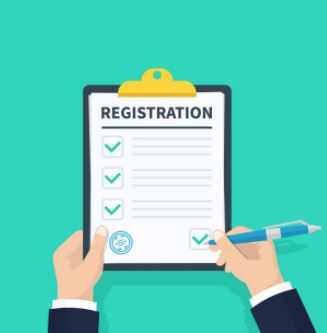Legislation passed in 2021 requires owners of residential housing units in San Francisco to begin reporting certain information about their units to the Rent Board. The Rent Board will use this information to create and maintain a “housing inventory” of all units in San Francisco that are subject to the Rent Ordinance.
The secure reporting portal is now open for landlords to submit the required information using an online form. You should receive a notice in the mail outlining the process and providing you with the APN for your property and your Portal PIN. If you are a Lingsch Realty management client, please forward this information to us so that we can register your property for you.
The deadline for submitting the information is July 1, 2022 for buildings with 10 or more units and March 1, 2023 for builidngs with less than 10 units (including individual condos and single-family homes). Landlords with 10+ unit buildings will need to update those buildings’ registrations on March 1, 2023. All landlords will be required to annually update the information by March 1.
Owners are also required to inform the Rent Board within 30 days of any change in the name or business contact information of the owner or designated property manager.
If the owner informs the Rent Board that the unit is occupied by an owner and is not rented at any time, no further information will needed to be reported about the unit. If a unit is not owner-occupied (either because it is vacant, tenant-occupied, or used for some other purpose), the owner will need to disclose certain additional information about the unit to the Rent Board, including:
- The name and business contact information (address, phone number, email address) of the owner(s), or of the property manager, if any, designated by the owner(s) to address habitability issues;
- The business registration number for the unit. A business registration number is required for any building with more than three units. If you have not yet registered your building that is four or more units, you may do so here.
- The approximate square footage and number of bedrooms and bathrooms in the unit (to the best of the owner’s or manager’s knowledge);
- Whether the unit is vacant or occupied, and the date the vacancy or occupancy commenced;
- The start and end dates of any other vacancies or occupancies that have occurred during the previous 12 months;
- For tenant-occupied units, the base rent reported in $250 increments, and whether the base rent includes payment of utilities by the landlord (e.g. water/sewer, refuse/recycling, natural gas, electricity, etc.); and;
- Any other information that the Rent Board deems appropriate following a noticed public meeting in order to effectuate the purposes of the Rent Ordinance.
I found the easiest way to upload the information was to download the Rent Board’s bulk reporting template available on their site and enter all the information in the Excel spreadsheet, as a lot of the information for each unit can be cut and pasted from other units. Fill out all the fields in the sheet, as once you upload the document, you cannot edit the individual unit information and will have to reenter any information you left out. You cannot edit the information you enter at this time. If you make errors, you can either upload an updated bulk spreadsheet, or reenter the information for an individual unit. This will create duplicate entries, which a Rent Board representative let me know they will clean out as they continue to work on the system. A Rent Board representative let me know that the portal is currently dynamic and they are making updates to the system as needed.
Registration is required to receive a license from the Rent Board before imposing any annual and/or banked rent increases upon tenants. The license will only be issued by the Rent Board if the owner is in substantial compliance with the housing inventory’s reporting requirements. If the landlord does not provide the required information to the Rent Board, the owner’s license to impose annual and/or banked rent increases will be suspended for the period of noncompliance.
The Rent Board will use the information provided to generate reports and surveys, to investigate and analyze rents and vacancies, to monitor compliance with the Rent Ordinance, and to assist landlords and tenants and other City departments as needed. The Rent Board may not use the information to operate a “rental registry” within the meaning of California Civil Code Sections 1947.7 – 1947.8.
If you are not a Lingsch Realty management client, but would like assistance in registering your units, please contact us for pricing.

